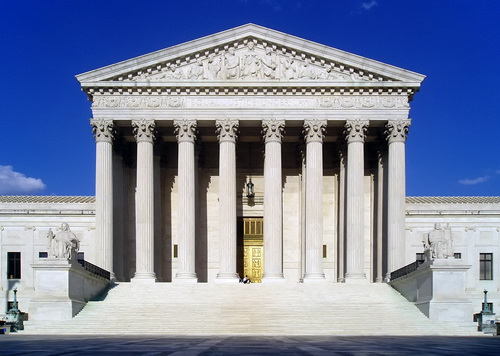
Bankruptcy pertains to individuals and business whose financial expenses outweigh their income or revenue, respectively. The two most popular are chapter 7 and chapter 11. Businesses find chapter 11 to be significantly appealing as it allows the debtor the ability to restructure their business and carry on without having to dissolve the corporation. Here we will examine bankruptcies origins throughout the ages.
The earliest accounts of debtor forgiveness was noted during biblical times. Notably called the Jubilee Year (of the Old Testament). It was also called the year of remission or universal pardon and was applied every 50 years, whereby all debts would be discharged and all servants and slaves would be freed. The purpose of the Jubilee was to provide the opportunity for a “fresh start”. This is indicative of today’s laws in bankruptcy and also with the Fresh Start program that the IRS currently provides.
The Romans had a much harsher approach to people who became bankrupt, since the Romans considered contacts to be sacrosanct and any violation of that, with few exceptions, would be noteworthy of a crime. There would be severe penalties for the debtor, such as loss of liberty and possibly even death.
Near the end of the European Medieval Period, bankruptcy found its way into one of Shakespeare’s writings – The Merchant of Venice, depicting a moneylender named Shylock and a debtor to Shylock named Bassanio. Shylock requested security before he loaned his money to Bassanio, which was ‘a pound of flesh’ from Bassanio’s friend Antonio, should Antonio default if Bassanio couldn’t pay. Shylock was not happy with Antonio as the two were bitter rivals and they ended up in court of the Duke of Venice. To complicate the situation, Shylock’s daughter, Jessica, fell in love with Antonio’s friend Lorenzo. Shylock is eventually charged with attempted murder as a result of his attempt to cut Antonio (for the pound of flesh), but as an act of “mercy”, Antonio modifies the verdict, asking Shylock to hand over only one-half of his wealth.
Fortunately, compassion prevailed and after the days of antiquity, a more forgiving approach transcended throughout Europe and new world that Columbus had discovered. They embraced the idea of a fresh start and that tradition continued in the newly created colonies of America. As the American republic was being established, bankruptcy grew to what is now a formal (sometimes complex) set of laws that gives both individuals and businesses who fall into hard times the fresh start that they deserve.
 What Makes Me Different From the Others?
What Makes Me Different From the Others?